(November 3, 2023) Denim jeans have remained a timeless wardrobe essential for decades. Yet, the significant environmental footprint of this clothing item remains relatively obscure, despite its considerable magnitude. Delhi teen Nirvaan Somany was no different, as he was proud to call himself an environmentally conscious person until he read a Facebook post that left him aghast. “According to the United Nations, 10,000 litres of water are required to make a single pair of jeans. This left me shocked and the figure stuck with me long afterward. It meant that, with 5 pairs of jeans, I had 50,000 litres worth of water in my wardrobe. I thought I was conscious of my water consumption but I was clearly wrong,” he tells Global Indian. This led Nirvaan to start Project Jeans, a social entrepreneurial attempt aimed at mitigating the environmental consequences of denim by converting discarded denim into sleeping bags.
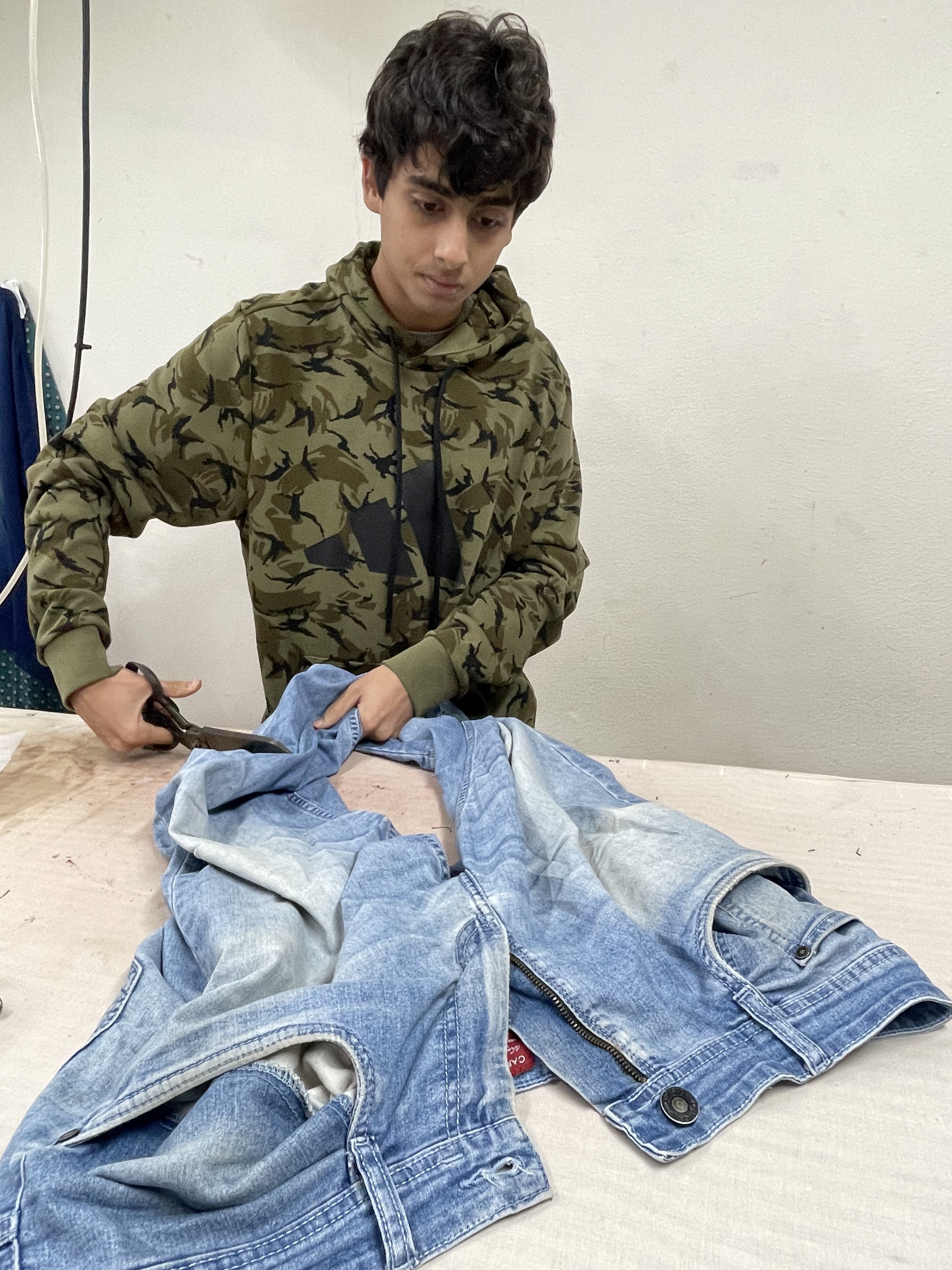
Nirvaan Somany founded Project Jeans
“We are living in a world running out of water and I often read horrific stories of farmers committing suicide because of drought. I also see heart-wrenching graphics of women and children walking for miles to carry heavy jars of water back home. I wanted to do whatever I could to minimise the impact of this consumption,” adds the Shri Ram School student. The project led him to win the Diana Award and 2023 International Young Eco-Hero award which have been a source of encouragement for the teen. “I never imagined my project which began as a simple idea would grow so exponentially. I am happy that I have been able to bring about awareness about the lesser known environmental effects of the fashion industry and help the homeless,” says the young environmentalist whose work has impacted many lives.
Till now, they have collected 8000 pairs of jeans under Project Jeans and distributed more than 1000 sleeping bags primarily in Delhi, followed by Kolkata, Mumbai, and Pune. “We also sent our sleeping bags to Turkey and Syria to aid with their earthquake relief last year,” he reveals.
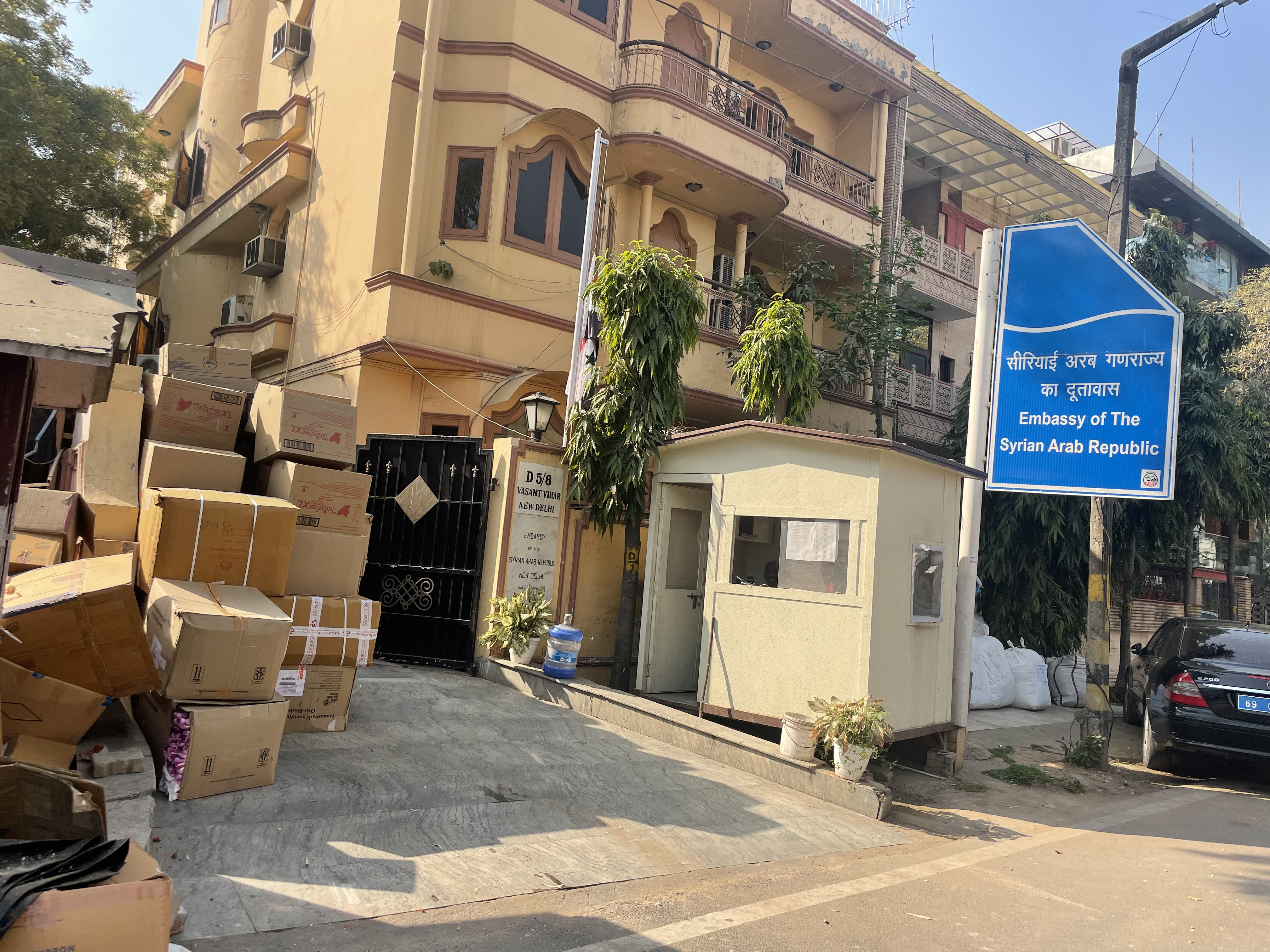

Tackling textile waste
He dove deep into research to find a possible solution and came across the strength, durability, and insulating properties of denim. “I decided to put these to good use to make sleeping bags for the underprivileged.” The sight of many people sleeping on park benches or on discarded cardboards on the sides of the roads made him realise how fortunate he is to have a bed to sleep on every day. Moved by it, he asked his mom, who is into the clothing business, to help make a prototype of a recycled denim sleeping bag. It takes seven pairs of denim to make one sleeping bag, which he tried on a winter night on his porch. “It felt comfortable and warm throughout the night, so I knew the concept would work. I then gave it to my house help and security guards to try on. With their input, I made some changes. Later, I went on to train some local tailors, who are now adept at making these sleeping bags,” adds a Class 12 student who funded the project through crowdfunding and CSR.
Project Jeans
It all began with a WhatsApp message that Nirvaan sent out after reading the startling facts and figures about denim, and soon they were flooded with messages and calls from people who were eager to help. “We started a social media page and also a website to spread our message and involve others to help us with collection, distribution, and spreading awareness,” he reveals. The denim was procured from schools, colleges, and housing societies, and later cut into strips which were then stitched with a lining to make sleeping bags that were cosy enough in winter.
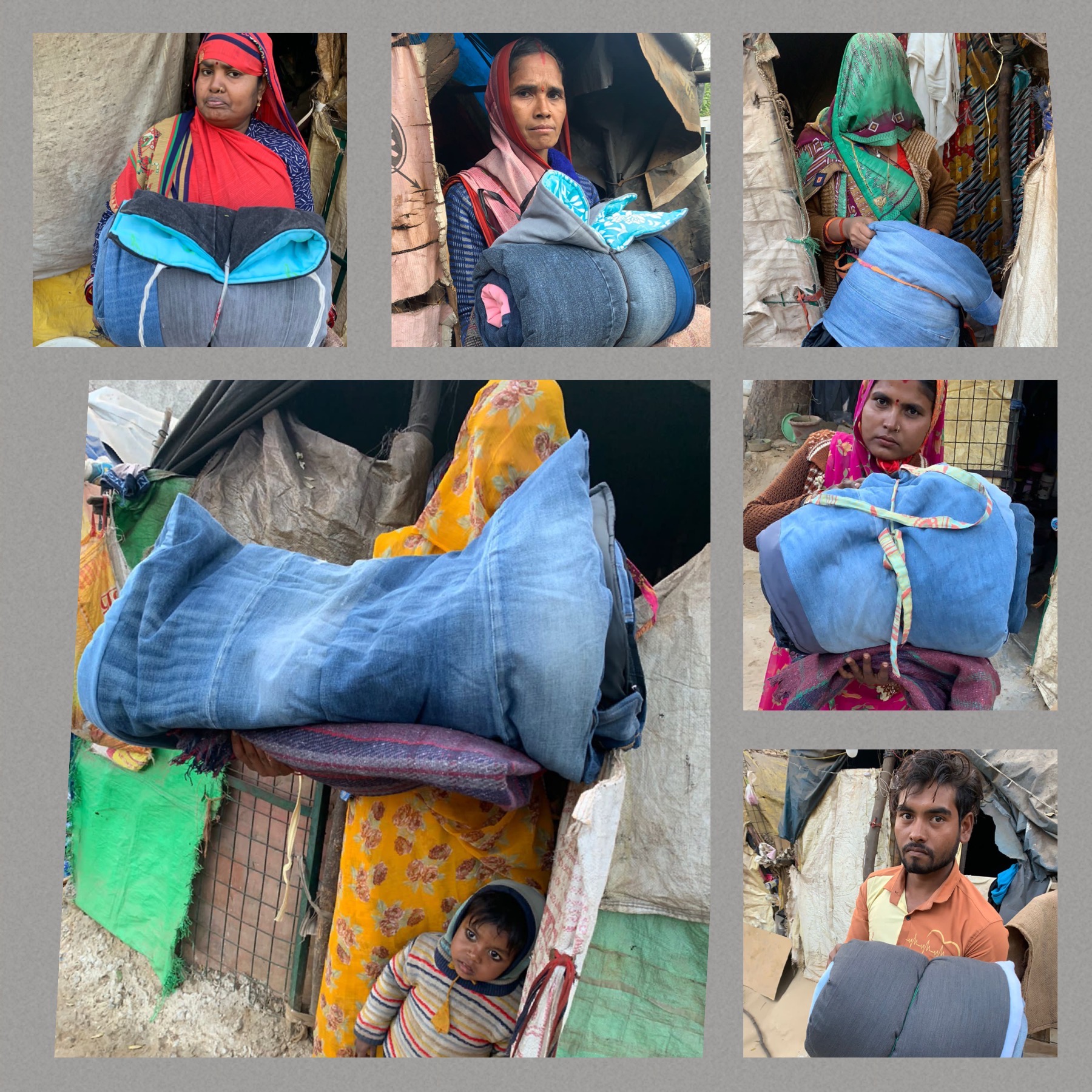

Nirvaan believes that while sustainable fashion is the need of the hour, not many people are making conscious choices. “Sadly, there is not enough information on the negative environmental effects of the fashion industry. Not enough people are aware of the startling facts of the fashion industry. I believe that if there is knowledge, people will make informed choices. There needs to be more focus on informing the consumers about what they are buying. ‘Greenwashing’ is a huge problem with corporates trying to mislead their buyers,” he says, adding, “Mindless consumerism without consideration of the environmental impact is a huge problem with long-lasting ramifications. Most people only think of financial cost when making purchasing decisions, and are ignorant of the additional hidden costs, often at the expense of the earth’s resources.”
Sustainable Fashion – the future
The teenager, who loves to unwind with music, has been a budding musician since the age of four and plays the guitar and sarod. But it’s Project Jeans that keeps him occupied most of the time, apart from his studies. In these years that he’s been building on Project Jeans, he has learnt “if you are willing to contribute to help the world, no action is too small. All you need to do is to make a start with honesty and dedication and the universe helps you along the way.”
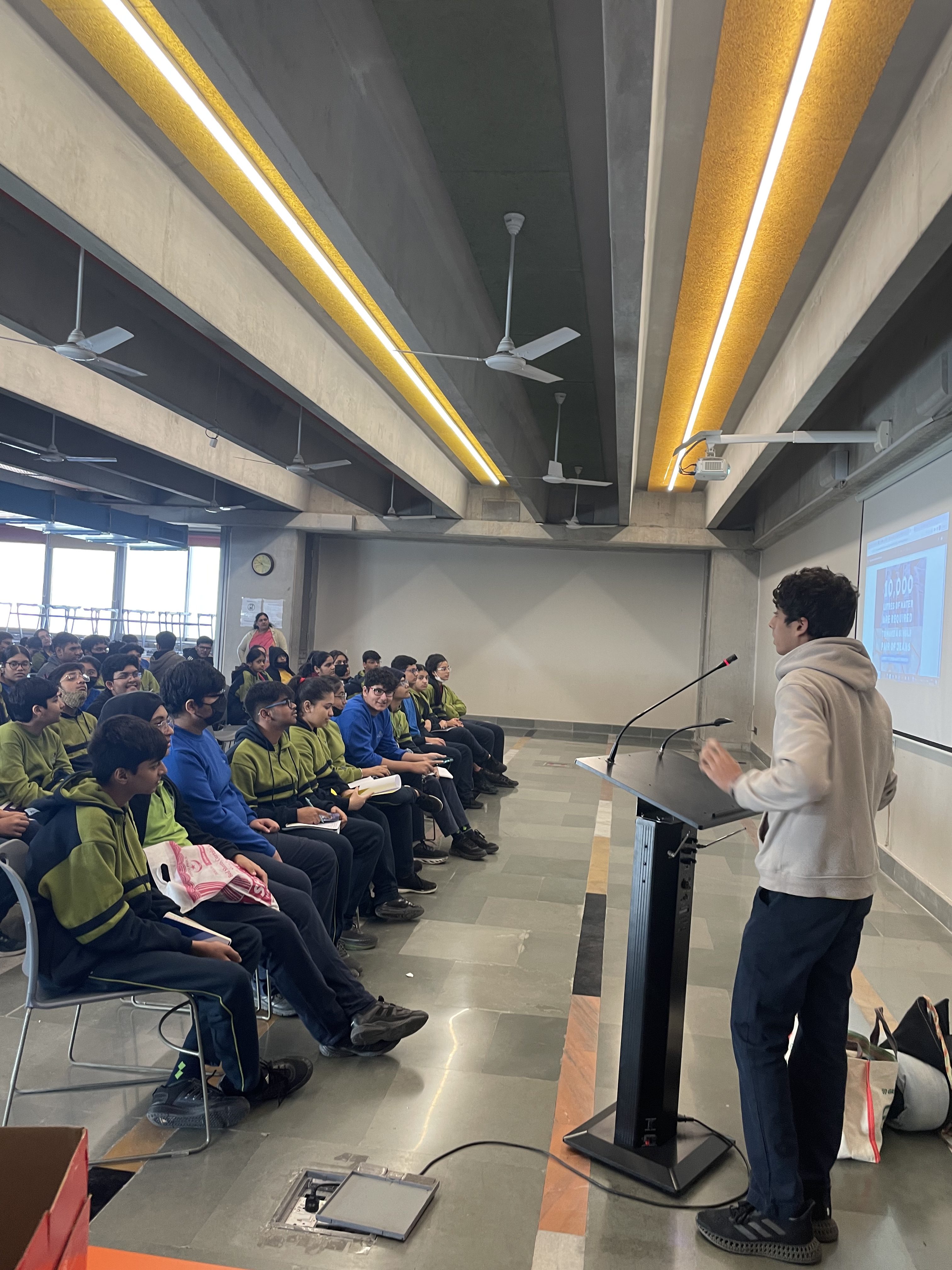

With the onset of winter in Delhi already, Nirvaan and his team are working round the clock to prepare more sleeping bags for the chilly winters ahead. Along with the production of sleeping bags, he wants to form an army of volunteers to spread the word about textile waste. “Few people are aware that the fashion industry is responsible for 10 percent of annual global carbon emissions, more than all international flights and maritime shipping combined. At this pace, the fashion industry’s greenhouse gas emissions will surge more than 50 percent by 2030,” he says. Moreover, he is keen to provide employment and would want to train more people in making sleeping bags so that they can be distributed locally in India. “Additionally, I would like to involve the government to ensure that nobody has to sleep on the ground. Our sleeping bags are great for the migrant population too and I hope that they can be used by refugees too,” he signs off.



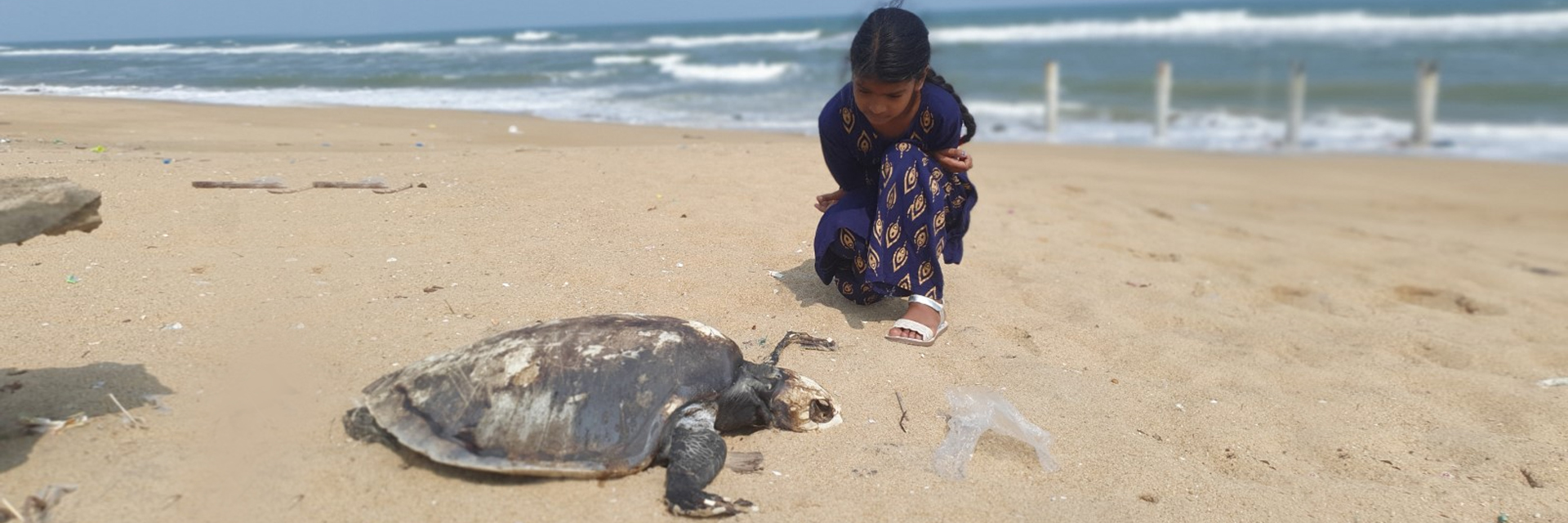
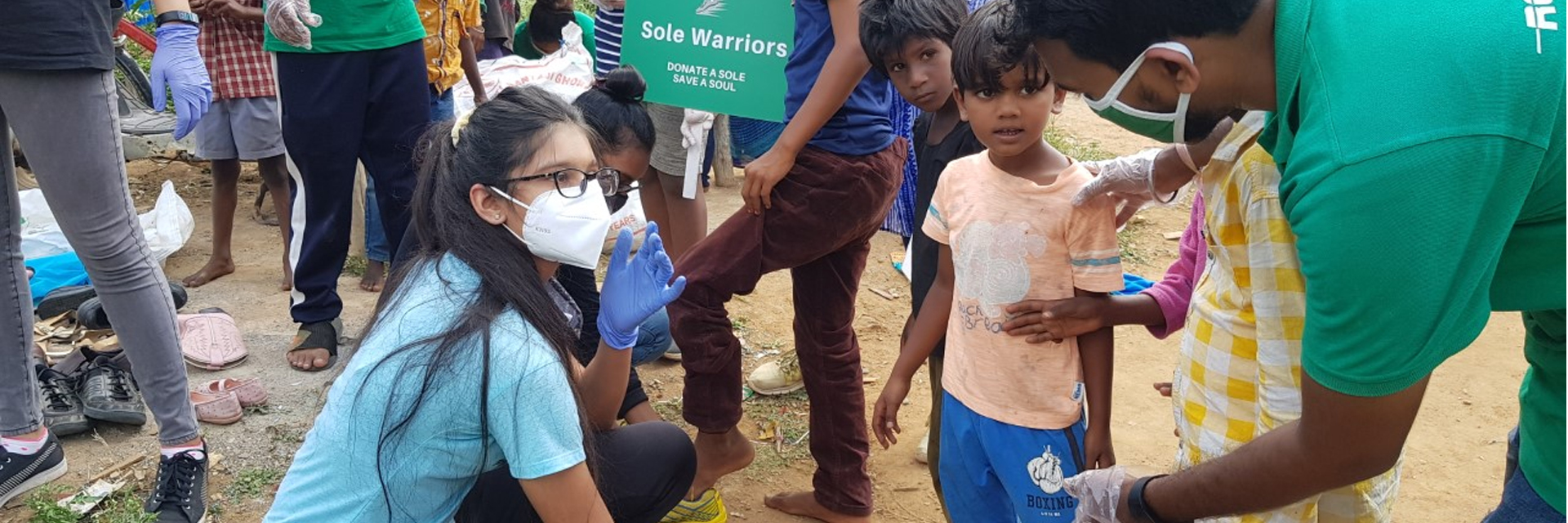
Bravo nirvaan